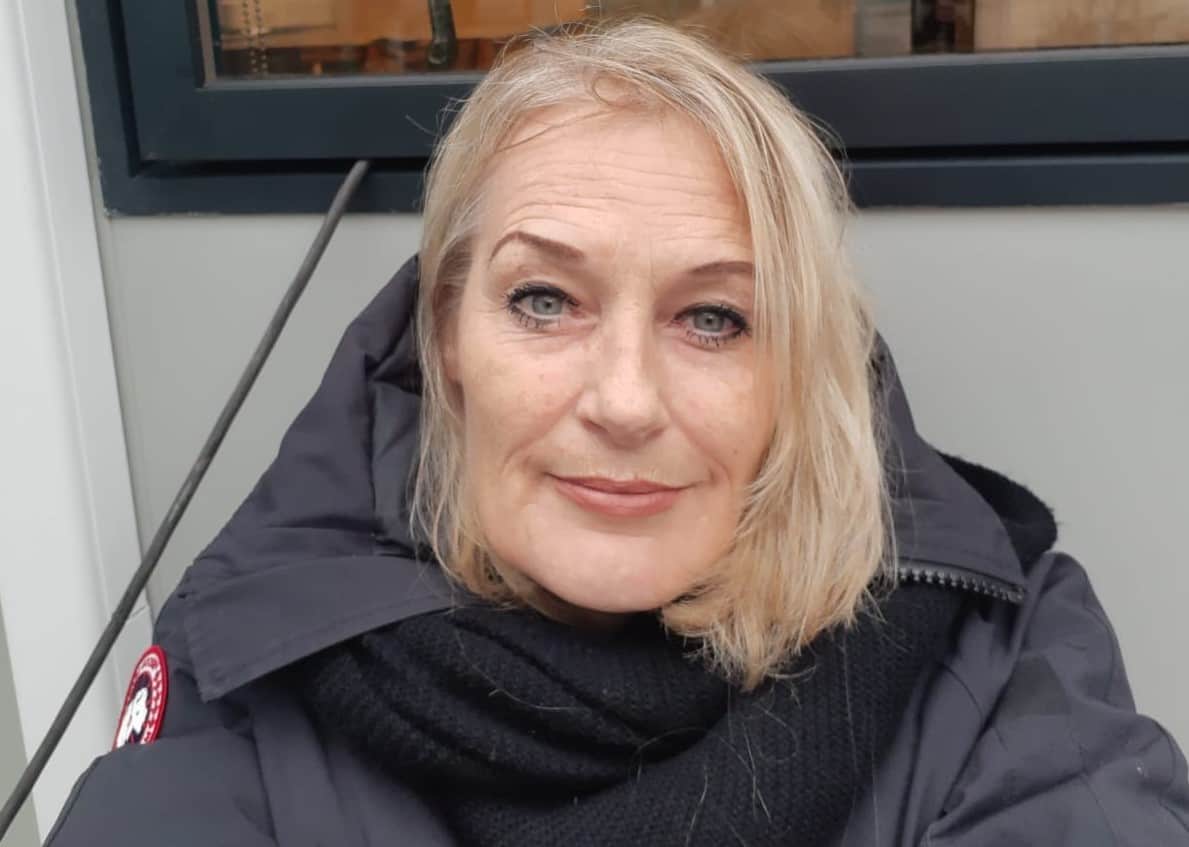1. Sex work continues, despite ban, under dangerous conditions
A look at sex ads on three major sites – Kinky.nl, Sexjobs.nl and Speurder.nl – confirms this picture. From a representative sample, investigative journalists from Pointer and Investico found that 179 sex workers continue to work, while 216 have temporarily stopped. Although these sites carry a warning that physical contact is prohibited, they still allow sex workers to advertise physical sexual services.
A representative from a brothel in Amsterdam recently asserted that the number of advertisers for physical sex work has fallen and that the supply of webcam sex is increasing. But online sex work is only feasible for those who hold an official bank account and own a private room. So inevitably, many sex workers are carrying on, under dangerous conditions.
2. There is a rising threat of abuse, exploitation and trafficking – not to mention COVID infection
With restrictions on window prostitution, sex workers lose the safeguards provided by bodyguards and/or police control. Apart from direct exposure to the coronavirus, they face a heightened risk of violence by clients. There is also a higher risk of falling victim to human trafficking as sex workers face extreme economic hardship and become increasingly desperate. And since their profession is once again criminalised, it is unlikely that they would call for help.
The International Committee on the Rights of Sex Workers in Europe emphasised in a statement that many sex workers come from communities that already face high levels of marginalisation. These include people living in poverty, migrants and refugees, trans people and drug users.
Meanwhile, new data from the United Nations Population Fund warn that if the lockdown continues for six months, we can expect an additional 31 million cases of gender-based violence – a trend which would also impact sex workers.
With this in mind, now is the time for the Dutch government to show that it supports all people and especially the most vulnerable, regardless of how they earn their money.
3. Sex workers see little hope of financial assistance
The Labour Party (PvdA) asked the Dutch House of Representatives to treat all sex workers the same regardless of whether they are registered with the chamber of commerce in order to prevent unnecessary poverty traps and exploitation, but this request was declined by the Secretary of State Ankie Broekers-Knol. Also EU nationals do not qualify for financial support and suddenly lose all income.
Representatives from the sex industry have estimated that about five to six thousand sex workers (both men and women) are ineligible for the compensation scheme. But it is difficult to measure the true scope of this problem. Sally Hendriks from Aidsfonds, a member organisation of Share-Net Netherlands, stresses that many sex workers change countries regularly – not to mention the huge informal circuit of undocumented sex workers for whom this work is the only source of income.
Even those eligible for government support are facing difficulties. On the one hand, practical problems like language barriers, access to an official bank account and/or housing address or dependency on a pimp might hinder their application. On the other hand, many Dutch sex workers also choose not to register as the process is complicated and still carries stigma.
4. The current approach is insufficient
When asked what needs to be done to better support Dutch sex workers, Sonja shows little trust in the government’s ability to reach those in the most precarious health and economic situations. And as long as the COVID-19 response relies on social distancing measures, it is clear that this crisis will continue affecting the health and safety of sex workers disproportionately – no matter if their work once was regarded legal and visible or not. “I find it very confusing when politicians let us believe that 1.5-metre distancing will remain the new normal,” she concluded. “There can’t be no normal life like this for sex workers.”
Outlook & recommendations
Furthermore, on 12 May, a letter of appeal was sent to Hugo de Jonge, Minister of Health, Welfare and Sport by Sekswerk Expertise, a network consisting of over 45 (ex-)sex workers, social service providers, researchers and lawyers. They criticise the different regulations for contact professions considering that masseurs, physiotherapists, hairdressers and pedicurists have been allowed to return to work.
Coincidently, the Dutch National Institute for Public Health and the Environment (RIVM) amended their public advice to suggest that individuals without a permanent sexual partner come to agreements with like-minded people and reduce contact with other intimate partners. It should be expected that sex workers can also take such precautions and tailor their work to reduce their risk as much as possible.
Moreover, there needs to be a solution for sex workers who are currently excluded from emergency support. The approach by the Caribbean Netherlands and New Zealand, where sex workers who are not registered with the Chamber of Commerce are eligible for financial compensation, has proved life-saving during the COVID-19 crisis. At any rate, it is recommended to extend the existing temporary compensation scheme for sex workers instead of holding on to the current maximum of three months.

